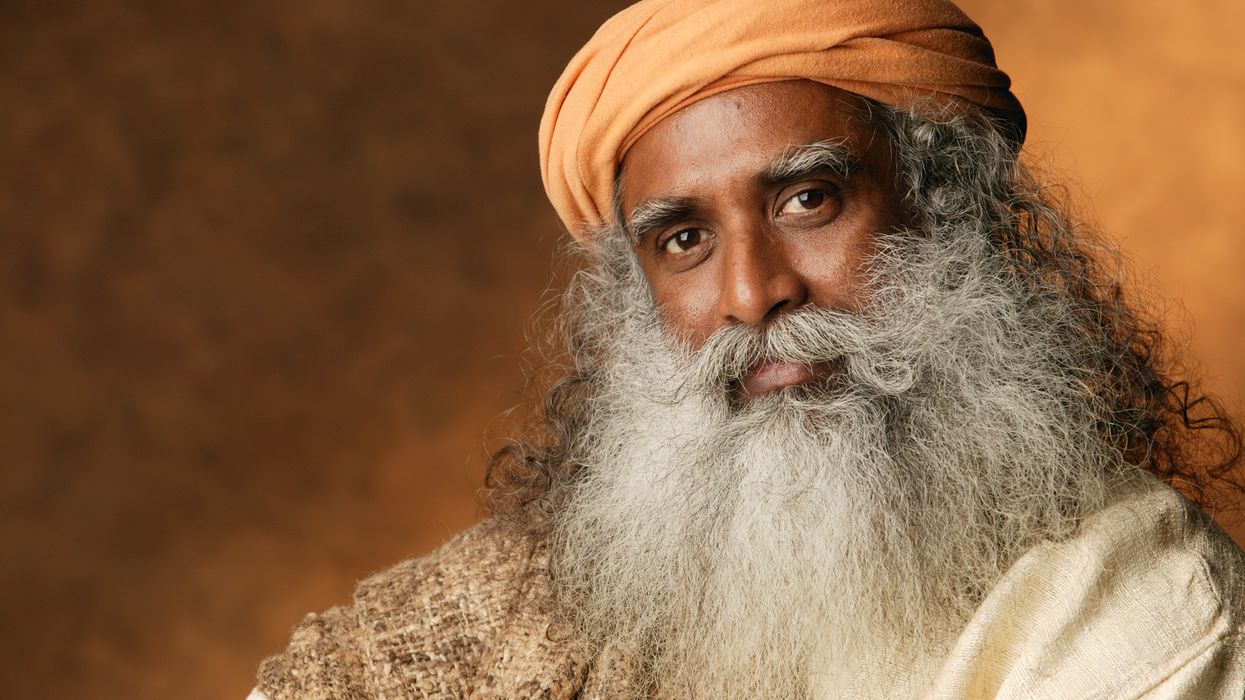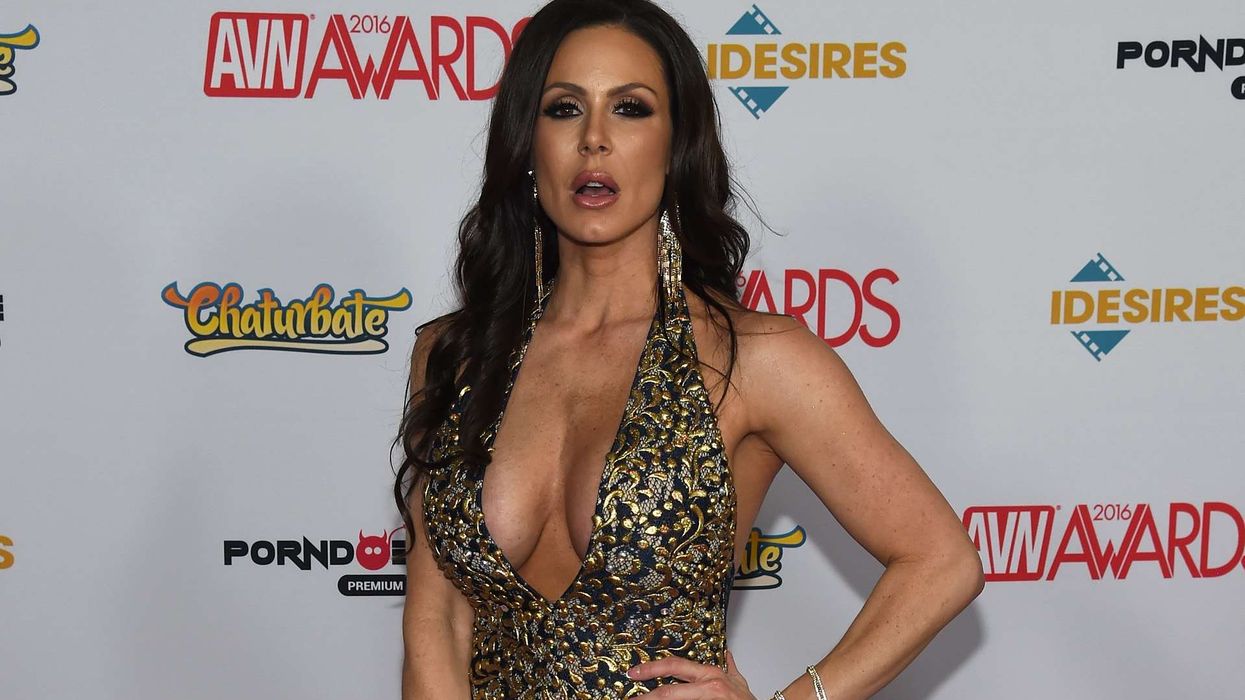SADHGURU: Like many other rivers around the world, India’s rivers – which have always been given a position of sanctity in the culture – have become polluted bodies of water.
But this is not an insurmountable problem. It can be addressed in a short period and with technologies that already exist. What is needed are stringent laws and the necessary determination to implement them. We do not have to go and clean the rivers; if we stop polluting them, they will clean themselves in one flood season.
Pollution in our rivers is either “point source” – such as industrial sewage, which enters the river in high volumes from a few specific locations – or “non-point source”, such as agricultural runoff, which can enter the river from thousands of locations along its course.
Agricultural runoff is harmful to rivers because of the use of chemicals for cultivation, which has unfortunately become the norm today. This can be rectified if farmers are supported to move to organic cultivation. This is not only good for the river; it is also good for the soil, the farmer’s income, public health, and environmental sustainability.
If our farmers are to get good yields and make a living out of agriculture, the soil does not need chemical inputs, it needs organic content. Soil will be healthy only if we can put leaves from the trees and animal waste back into it. To call soil as soil, it has to have a minimum of two per cent organic content. In many Indian states such as Punjab, Uttar Pradesh and Haryana, the organic content in the soil is 0.05 per cent. This is a sure recipe for the desertification of the land that has provided us with food for thousands of years.
Incentivising farmers to shift to organic cultivation is therefore not just a necessity for our rivers; it is also essential to ensure the long-term food security of the nation and the well-being of hundreds of millions of farmers.
Point source pollution is generally chemical and industrial waste from industries or domestic sewage from towns and cities.
One important aspect in towns and cities is that just as electricity, water, and gas are metered, sewage should be too, with households and industries paying according to the meter readings for sewage
Right now, the way chemical and industrial waste is handled in India is that the polluting industry itself is expected to clean its effluent before letting it out into the river. In effect, this just leads to many industries treating their effluent only when the inspectors are present.
When there is no one overseeing them, many industries release untreated effluent into the rivers. If we want this treatment process to be effective, it is important that effluent treatment itself be made into a lucrative business proposition. If your effluent is my business, I will not let you release your untreated waste into the river.
The government will only have to set the norm on the water quality being released into the river.
There is no such thing as waste. It is just earth we have turned into filth. It is our responsibility to put it back into the earth as earth. A time has come when we have to learn to use everything for our wellbeing. The necessary technologies are already readily available for use.
For example, a city like Mumbai generates 2,100 million litres of sewage a day. Most of it ends up in the sea, but if this is treated and used for micro-irrigation, it can water thousands of hectares of agriculture. Adding up sewage from 200 Indian cities and towns amounts to 36 billion litres which can micro-irrigate three to nine million hectares.
If India as a nation is serious about tackling river pollution, public-private partnerships need to be established and run sustainably and efficiently.
The way the roads in India have been developed in such a short span of time is a case in point to show that such initiatives are possible.
It is just that these aspects have not been prioritised. This doesn’t take decades to fix. With the technologies at hand, what is needed is intent and a commitment to execute.
I hope that in the next few crucial years, we will be able to significantly help our rivers regain their pristine image of mother-like characters who are capable of absorbing everyone’s impurities and offering them a clean, sustainable future.
Keeping our rivers pure is not just about our survival; such symbolism is essential to keep the human spirit and morale up.
Ranked among the 50 most influential people in India, Sadhguru is a yogi, mystic, visionary and a New York Times bestselling author. Sadhguru was conferred the Padma Vibhushan – the highest annual civilian award, accorded for exceptional and distinguished service – by the Indian government in 2017. He is also the founder of the world’s largest people’s movement, Conscious Planet – Save Soil, which has touched more than 3.9 billion people.





 Mareyah Bhatti , a sustainability strategist and passionate home cookMareyah Bhatti
Mareyah Bhatti , a sustainability strategist and passionate home cookMareyah Bhatti





